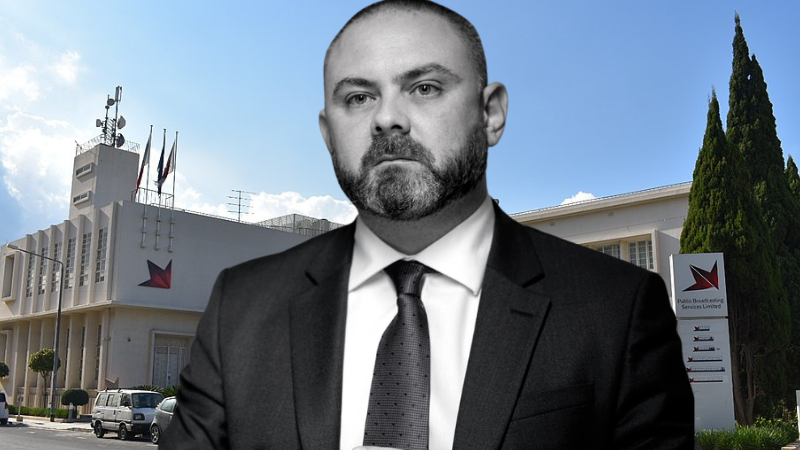For most people, Sette Giugno is a holiday. It was a hot day this year. Some headed off for their first swim. The beaches were full of people. Others went to Gozo and met crowds there. Some opted for a quiet day at home, but were disturbed by the noise of building works nearby. This is Malta today, packed to the hilt.
There is no end in sight to the endless stream of similar news reports, week after week, triggered by residents outraged by insensitive development. The green and heritage lobbies have been battling the tidal wave of destruction for many years. But it has only grown. Pointing fingers at the past is no use. If the situation was considered bad before, it is now worse.
Malta is not Sicily, or Cyprus, or even Crete. It is a tiny island without any large stretches of countryside, woods, mountains or rivers. With so many people in this tight space, it is impossible to go for a walk anywhere, without seeing or hearing someone, or stumbling across a building, within minutes. And the government still plans to increase the population further – the sky is the limit, it seems.
When the pieces just won’t fit together, sometimes the basic premise, the working assumption, must be adjusted. Is this a typical country, or is it morphing into a city-state, on the lines of Singapore or Monaco? Is that where Malta is heading?
Today its urban centre, towns and villages are still just about distinct. But at this rate they will soon merge into one another like different districts of one continuous urban zone.
Before long, Malta will be completely developed, perhaps even expanding out to sea through land reclamation.
A nice city-state also needs some parkland. Thanks to EU legislation, 13% of Malta’s territory is protected as Natura 2000 sites. And happily, a small island will always provide views of the open sea to provide a sense of space and peace.
But try to enjoy the sea firsthand this summer, and you will run into trouble. Every bay or small cove will be packed with boats. The coastline from Baħar iċ-Ċagħaq to Salina, Mistra or St Thomas Bay, will be cluttered with caravans. This means barbeques, chairs, tables, makeshift tents and canopies, large noisy families and music.
These caravans do not just use public space like everyone else, they make it their own, taking it over for the summer. They turn ordinary beaches into unpleasant, unwelcome camp sites. Enforcement is consistently absent. Oh, and don’t forget the so-called boathouses.
On other beaches, the sunbed operators will take over. They will block the prime spots with beach furniture and umbrellas, whether in use or not. Already in the first week of June, rows and rows of sunbeds were laid out at Għadira Bay.
Tourism Minister Konrad Mizzi has announced that the government will be replenishing sand in Marsaxlokk and Birżebbuġa. He has also struck a deal (what’s new?) for the Marriott Hotel in St Julian’s to annually replenish the sand at Balluta Bay for the next five years. On its website, the hotel describes itself as “located metres from Balluta beach”. Left alone, it’s not much of a beach, so sand replenishment is clearly necessary to fulfil such expectations.
In view of Mizzi’s penchant for privatisation, it is unsurprising that the St Julian’s mayor is concerned about this agreement with the hotel. He was assured, however, that the public will still have access to Balluta beach. But how are such agreements signed without even informing the local council?
Similarly, the Swieqi local council is annoyed that it is not consulted about road works or changes in traffic flows. Residents obviously direct their questions and complaints to the council, as their first port of call, but the council is not kept informed about what is going on in their own locality.
Roads are being built like there is no tomorrow, ravenously consuming fields and trees. The planned ‘Central Link Project’ is of the big ones yet to come, widening the roads from Attard to Rabat. The Environment and Resources Authority (ERA) says this project is of “significant concern”. It will destroy tracts of good agricultural land and uproot hundreds of trees.
ERA recognises that if nothing is done, a state of gridlock will be reached there within 10 years. But is also points to “clear evidence that new or expanded roads rapidly fill with displaced or induced traffic, offsetting any short-term gains in eased traffic flows”.
If the number of cars on the road continues to increase, day by day, gridlock will happen anyway, it is just being postponed.
ERA’s opinions are often ignored by the Planning Authority. ERA should be given the power to veto certain developments on the planning board, but in reality the ERA chairman’s vote does not carry more weight than that of an ordinary member. For anyone concerned about the state of the environment in Malta, in its current format the planning authority is a write-off.
What can be done? Ultimately, it boils down to good governance at the top.
The buck stops there.
petracdingli@gmail.com












